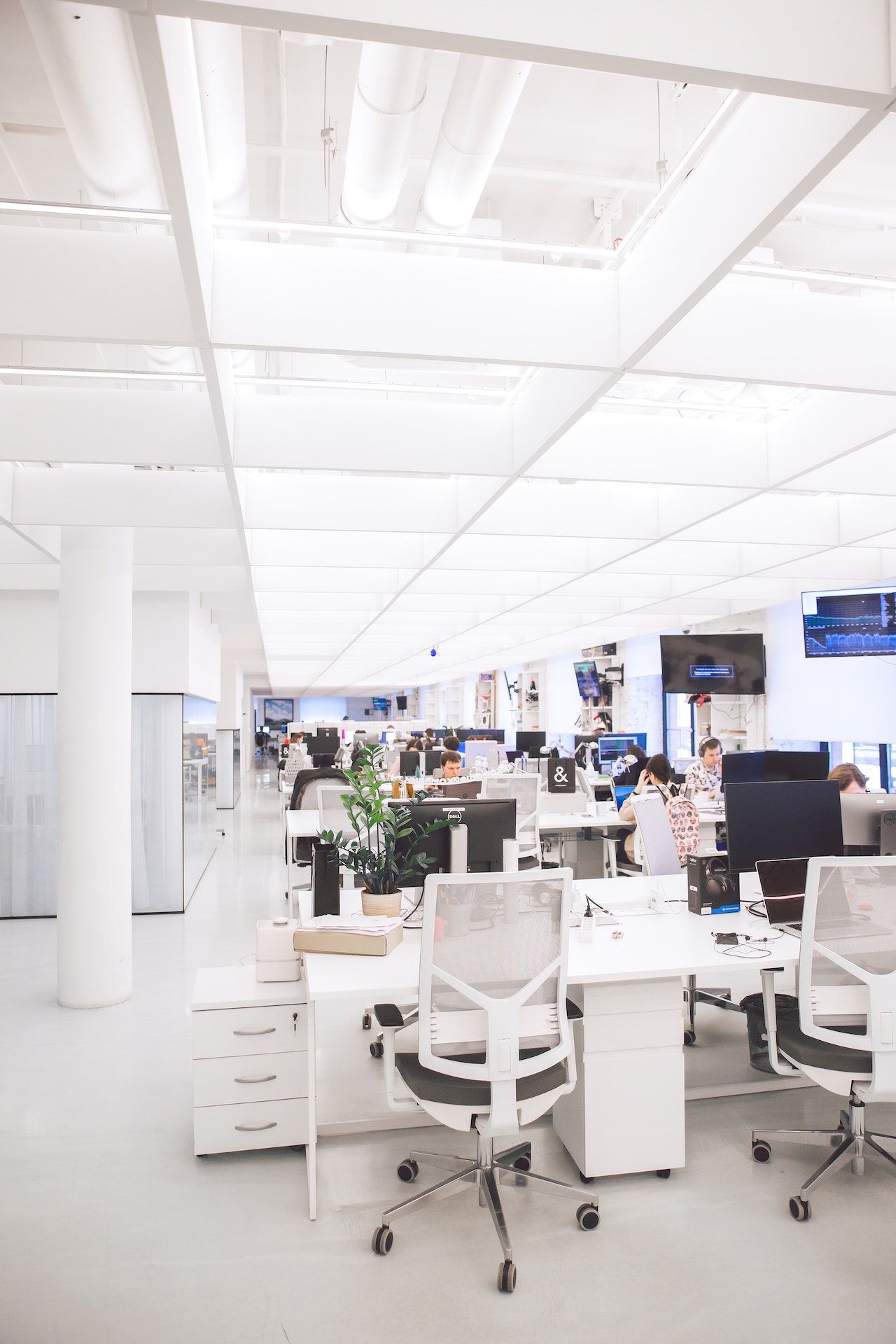- 20 October 2023
- 155
Evolution of Workspaces: The Future of Office Real Estate

Evolution of Workspaces: The Future of Office Real Estate
In the era of digital transformation, office spaces are experiencing a profound evolution. The future of office real estate is marked by dynamic changes that respond to the evolving needs of businesses, employees, and technology. In this article, we’ll delve into the transformation of workspaces and explore the trends that are shaping the future of office real estate.
Flexible Work Arrangements
The way we work has forever changed. With remote work becoming a significant part of the corporate landscape, office spaces are adapting to accommodate flexible work arrangements. The future office is no longer limited to a physical location, but rather a hub for collaboration and innovation.
Coworking and Shared Workspaces
Coworking spaces are on the rise, offering businesses and individuals flexible, cost-effective solutions. These spaces provide networking opportunities, amenities, and a sense of community that is highly appealing to freelancers, startups, and even established companies.
Smart Offices
Technology is at the forefront of office real estate. Smart offices utilize IoT (Internet of Things) devices to enhance productivity, improve energy efficiency, and create a more connected and efficient workplace. From automated lighting and temperature control to smart access systems, technology is redefining how we interact with office spaces.
Employee-Centric Design
The future office prioritizes the well-being of its occupants. Design concepts focus on creating comfortable and ergonomic spaces that enhance productivity and foster creativity. Biophilic design, which incorporates natural elements, is gaining traction, promoting mental and physical health.
Decentralized Workspaces
The traditional central office may become just one element in a network of workplaces. Decentralized offices or satellite offices located closer to where employees live offer convenience, reduce commuting time, and provide more flexible alternatives.
Data-Driven Decision-Making
Data analytics plays a crucial role in optimizing office spaces. Companies use data to analyze space utilization, track employee movement, and adapt office layouts to align with real-world needs. This data-driven approach maximizes efficiency and cost-effectiveness.
Sustainability and Green Initiatives
The future office is eco-conscious. Green building practices, renewable energy sources, and sustainable materials are integral to modern office designs. Sustainability aligns with corporate social responsibility and offers benefits in cost savings and employee satisfaction.
Collaborative Spaces
Collaboration is a cornerstone of the future office. The workspace is no longer confined to individual cubicles; instead, it encourages teamwork and interaction. Innovative collaborative spaces foster creativity and idea sharing.

Hybrid Work Models
Hybrid work models combine remote work and office attendance. These models require offices to be adaptable, offering spaces for both focused individual work and collaborative activities. This approach ensures that employees have a choice and can balance remote and in-office work effectively.
Employee Well-Being and Amenities
Amenities are a significant draw for office spaces. Gyms, recreational areas, on-site dining, and relaxation spaces are becoming commonplace in the modern office. These amenities not only promote well-being but also improve employee retention.
Customization and Personalization
The future office is about personalization. Workspaces are adaptable, allowing employees to configure their surroundings to suit their specific needs and preferences. Personalized spaces boost morale and productivity.
Innovative Technology Integration
Virtual reality (VR), augmented reality (AR), and artificial intelligence (AI) are transforming the office experience. These technologies facilitate remote collaboration, training, and efficient space management.
Inclusive and Diverse Workplaces
Diversity and inclusion are not just buzzwords but essential values in the future office. A diverse workforce fosters creativity, innovation, and a broader perspective in problem-solving.
The Resurgence of Suburban Offices
As remote work gains momentum, suburban offices are making a comeback. Employees and companies are reconsidering the benefits of suburban locations with reduced commutes and a quieter work environment.
Flexibility in Leasing and Space Usage
Short-term and flexible leasing options provide businesses with the ability to scale up or down quickly. This flexibility is particularly appealing for startups and businesses with uncertain growth trajectories.
In conclusion, the future of office real estate is a dynamic, technology-infused landscape that places employee well-being, flexibility, and sustainability at its core. It responds to the changing nature of work and leverages data and technology to enhance the work experience. The office of the future is a place of collaboration, innovation, and personalization, offering a harmonious blend of the physical and digital realms.
The transformation of office spaces is ongoing, and it is crucial for real estate professionals and businesses to adapt to these trends to stay competitive and create environments that empower employees and foster success.

